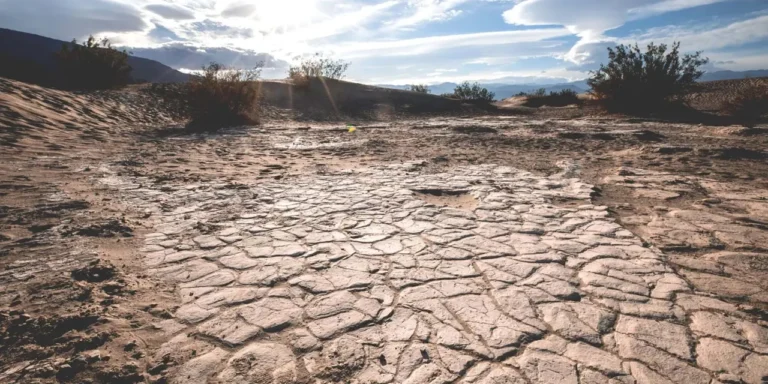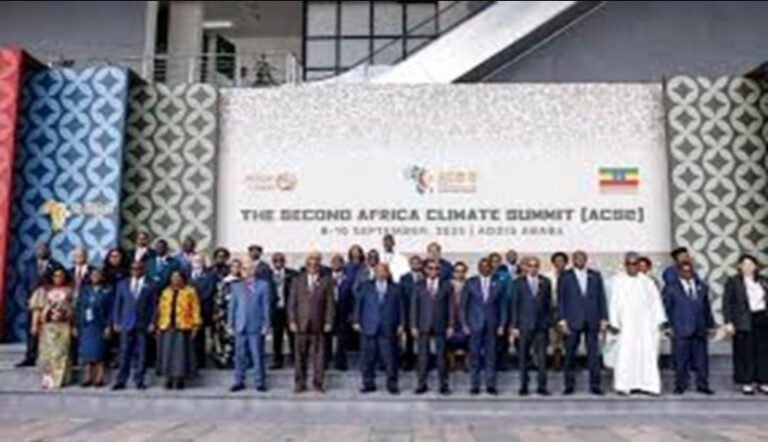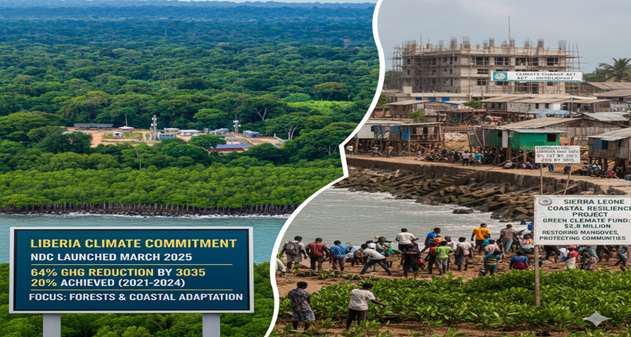Climate change has become a pressing global issue, and Indonesia, as one of the world’s largest tropical forest countries, has a major responsibility in mitigating its impacts. One of the main initiatives taken by Indonesia is the Reducing Emissions from Deforestation and Forest Degradation (REDD+) program, which aims to provide incentives to developing countries to safeguard their forests and reduce greenhouse gas emissions. However, in addition to REDD+, Indonesia is also implementing a carbon tax policy as part of a broader climate change financing strategy. The combination of these two approaches demonstrates Indonesia’s commitment to addressing the climate change challenge holistically (World Bank, 2019).
Indonesia’s REDD+ program began in response to high rates of deforestation caused by land conversion for agriculture, illegal logging, and infrastructure development. With approximately 93 million hectares of forest, Indonesia faces a huge challenge in maintaining forest sustainability. Through REDD+, the government seeks to create financial incentives for communities and stakeholders to engage in forest conservation. One of the key elements of the program is the Result-Based Payment (RBP) system, through which Indonesia can receive financial incentives based on its greenhouse gas emission reduction performance. Since its implementation, Indonesia has received RBP commitments totaling USD 439.8 million, of which USD 279.8 million has been paid in exchange for achieved emission reductions (Ministry of Environment and Forestry, 2021).
Through the RBP scheme, Indonesia not only receives financial support from international donors such as the Green Climate Fund (GCF) and Norway, but also establishes transparency mechanisms in the management of funds. This includes the development of an investment plan or Benefit Sharing Plan, which describes how the funds will be used to support mitigation activities at the national and subnational levels. REDD+ programs also involve local communities in natural resource management, so that they are not only beneficiaries but also play an active role in protecting the environment. In addition to REDD+ programs, carbon tax policies are also an important part of Indonesia’s climate change financing strategy. In 2021, the Indonesian government issued a carbon tax through the Harmonization of Taxation Regulations Law (HPP Law). This tax is levied on greenhouse gas emissions that exceed a set limit, with an initial rate of IDR 30 per kilogram of carbon dioxide equivalent (CO2e). The policy aims to encourage companies and the industrial sector to reduce their emissions in a more economical way (Ministry of Finance of the Republic of Indonesia, 2021).
By implementing a carbon tax, the government hopes to create incentives for the private sector to invest in clean technologies and environmentally friendly practices. The implementation of a carbon tax is also in line with Indonesia’s commitment to achieve its Nationally Determined Contribution (NDC) target, which stipulates a 29% reduction in greenhouse gas emissions on its own and 41% with international support by 2030 (Ministry of Environment and Forestry, 2020).
The forestry sector is one of the main focuses in this emission reduction effort, but the energy and transportation sectors are also receiving serious attention. The combination of REDD+ and carbon tax demonstrates Indonesia’s multifaceted approach to tackling climate change. The REDD+ program provides direct incentives to stakeholders to safeguard forests and reduce emissions, while the carbon tax creates an economic framework that encourages innovation and investment in low-carbon technologies. In this context, the two policies complement each other. However, challenges remain in the implementation of both programs.
In the context of REDD+, despite significant progress in reducing deforestation, law enforcement related to illegal logging remains a key issue. The government should continue to strengthen law enforcement capacity as well as raise public awareness on the importance of forest conservation. In addition, reliance on international funding can be a risk if there is no long-term strategy to ensure funding sustainability.
On the other hand, implementing a carbon tax also faces its own challenges. The public and industry need to be given a clear understanding of the benefits of the tax and ways to comply with the new regulation without disrupting economic growth. In addition, the government must ensure that carbon tax revenues are used effectively to support sustainability and climate change mitigation projects. Overall, Indonesia’s REDD+ program and carbon tax policy are concrete examples of integrated climate change financing efforts. Both approaches demonstrate that with collaboration between government, civil society and the private sector, we can create sustainable solutions for the future of our environment. With strong commitment from all relevant parties and continued international support, Indonesia has great potential to become a leader in global climate change action.
Going forward, it is important for Indonesia to continuously evaluate the effectiveness of these two programs and make adjustments where necessary in order to achieve ambitious targets in climate change mitigation. Through this comprehensive and collaborative approach, the hope for a greener and more sustainable future is not just a dream; it is a real possibility that can be achieved by this nation.











Anh em nào đam mê đá gà thì chắc biết sv388agent rồi nhỉ. Chỗ này uy tín đó, chơi lâu rồi chưa thấy phốt gì cả. Check them out: sv388agent
Greetings! Very helpful advice on this article! It is the little changes that make the biggest changes. Thanks a lot for sharing!
Checking in from jiliwinlogin, quick signup process. Fairly good selection of game. Could be better, but I am enjoying the time. jiliwinlogin
BJ88dangnhap on .org! Solid platform for playing. Worth checking out if you want something reliable you know. bj88dangnhap